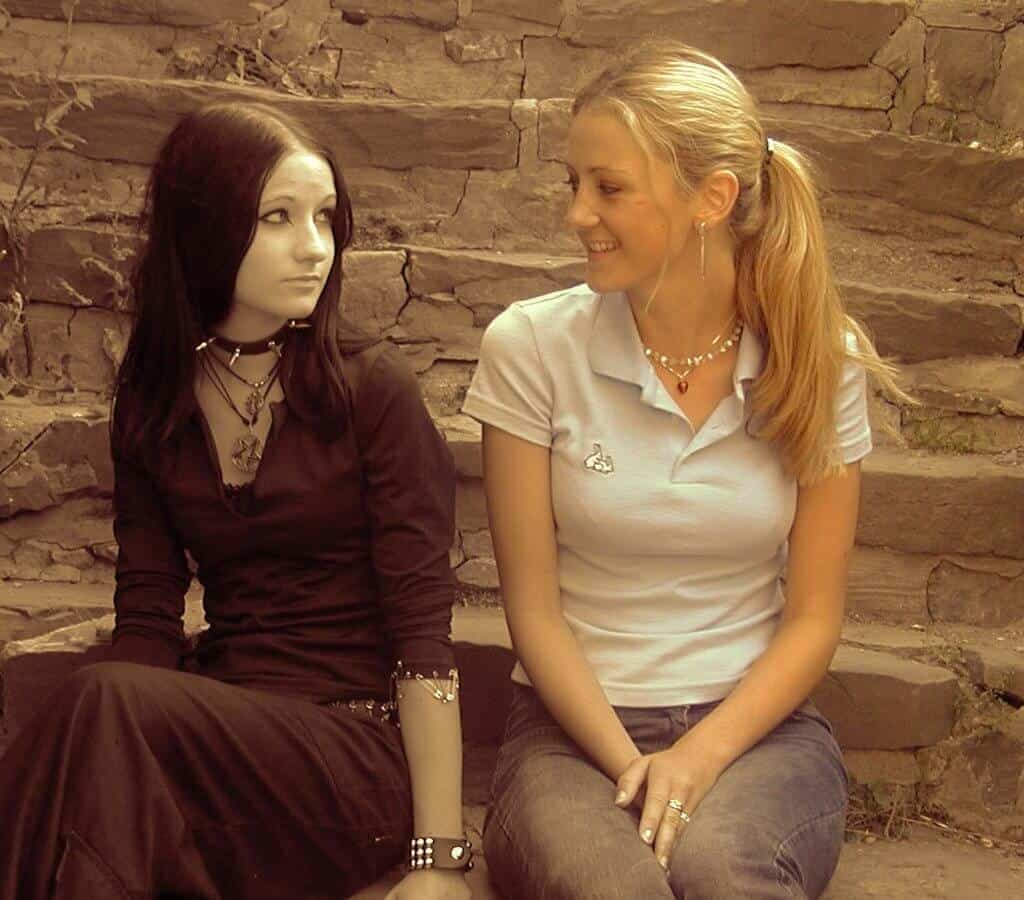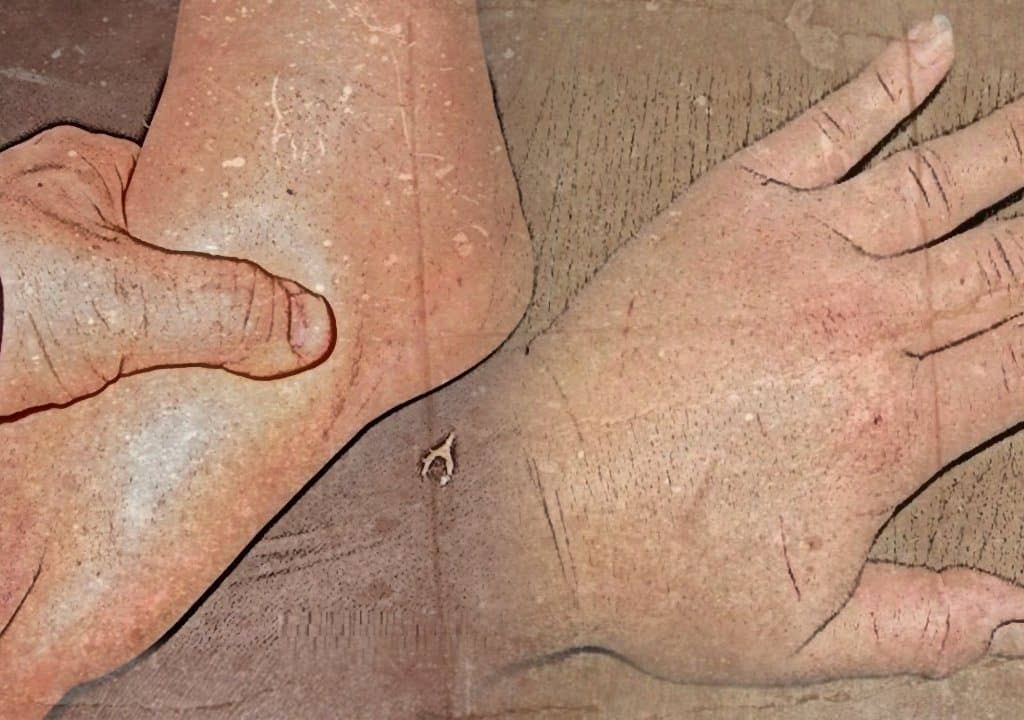Discover how biodecoding addresses the impact of inherited emotions on our health. This article focuses on phantom children, children conceived after a family member’s death and how this condition can influence their emotional well-being. Additionally, we will explore the grief letter, a powerful technique to release emotional burdens and achieve a fulfilling life with emotional autonomy.
Understanding Biodecoding and Phantom Children
Biodecoding is a therapeutic technique that seeks the emotional origin of diseases. According to this discipline, our experiences and emotions directly influence our physical health. In the case of phantom children, it is believed that children conceived shortly after a significant family death can inherit the emotional burdens and expectations of the deceased person.
Phantom Children: Babies and Living Dead
Phantom children are babies conceived days, weeks, months, or even a couple of years after the death of a close family member. This concept is fundamental in biodecoding, as it is believed that these children may carry the unresolved emotions and desires of the deceased family member.
In a family, the loss of a loved one generates profound grief and a sense of family void. This emotional state can trigger what is known as “fiesta mania,” a period of intense sexual activity within the family as an unconscious response to fill the void left by the deceased. Interestingly, if the deceased was a woman (such as an aunt or sister), it is likely that a girl will be conceived and if it was a man (such as a grandfather or brother), it is likely that a boy will be conceived.
Being Conceived to Fill the Family Void
Being conceived with the unconscious intention of filling the void left by a family member can be exhausting and confusing for the new baby. This child brings their own personality, intelligence, dreams and goals. However, at the same time, they are expected to embody the characteristics of the deceased, which can lead to a life of radical mood swings and other emotional problems.
In many cases, disorders such as bipolar disorder or ADHD (Attention Deficit Hyperactivity Disorder) can be signs that the child is carrying family expectations. These children may show unpredictable mood changes, lack of attention or concentration, among other symptoms.
Characteristics of Phantom Children
Phantom children often display certain characteristics that may indicate their condition. Some of these are:
- Speaking in a very low tone of voice.
- Laughing little or only trying to smile.
- Wearing dark colors most of the time.
- Sleeping quietly, on their back, with their hands on their chest.
- Listening to sad music at low volume.
- Feeling cold even under the sun.
- Feeling attracted to cold or snowy places.
- Wearing very light makeup on their face (in the case of women).
- Grinding or clenching their teeth while sleeping (bruxism).
- Constantly feeling sad or depressed.
These characteristics are signs that these people carry the pain experienced by the family before their conception. Despite their efforts to be different, they find it difficult to detach from these emotional burdens. Emotional outbursts often indicate that something is wrong.
The Process of Liberation: Grief Letter and Emotional Autonomy
If any of the mentioned characteristics seem familiar to you, it is crucial to investigate deceased individuals in your family just before your conception. Find out who that person was, their likes, activities and characteristics. This knowledge can help you understand why you feel the way you do and how these emotions have influenced your life.
An effective method to release these burdens is to write a grief letter. In this letter, express all the things you do not want from that deceased family member and start living your life consciously, being yourself. This process will allow you to achieve emotional autonomy and lead a fulfilling life.
The Importance of Investigating and Understanding
It is vital to understand that, in some cases, the deceased person may not be a direct family member but a close family friend, a neighbor, a teacher, or a good friend. Therefore, expanding your research can reveal hidden aspects of your history and help you free yourself from these emotional burdens.
Biodecoding offers us tools to understand and heal our emotional wounds. Being a phantom child does not mean being condemned to a life of suffering. With understanding and emotional work, it is possible to free oneself from family expectations and live an authentic and satisfying life.
In summary, the concept of phantom children in biodecoding invites us to reflect on how family events impact our lives even before birth. Being conceived in a context of grief and loss can leave deep marks, but it also opens the door to a process of healing and emotional liberation. The key is to recognize these influences, work on them and allow ourselves to be authentically ourselves.




